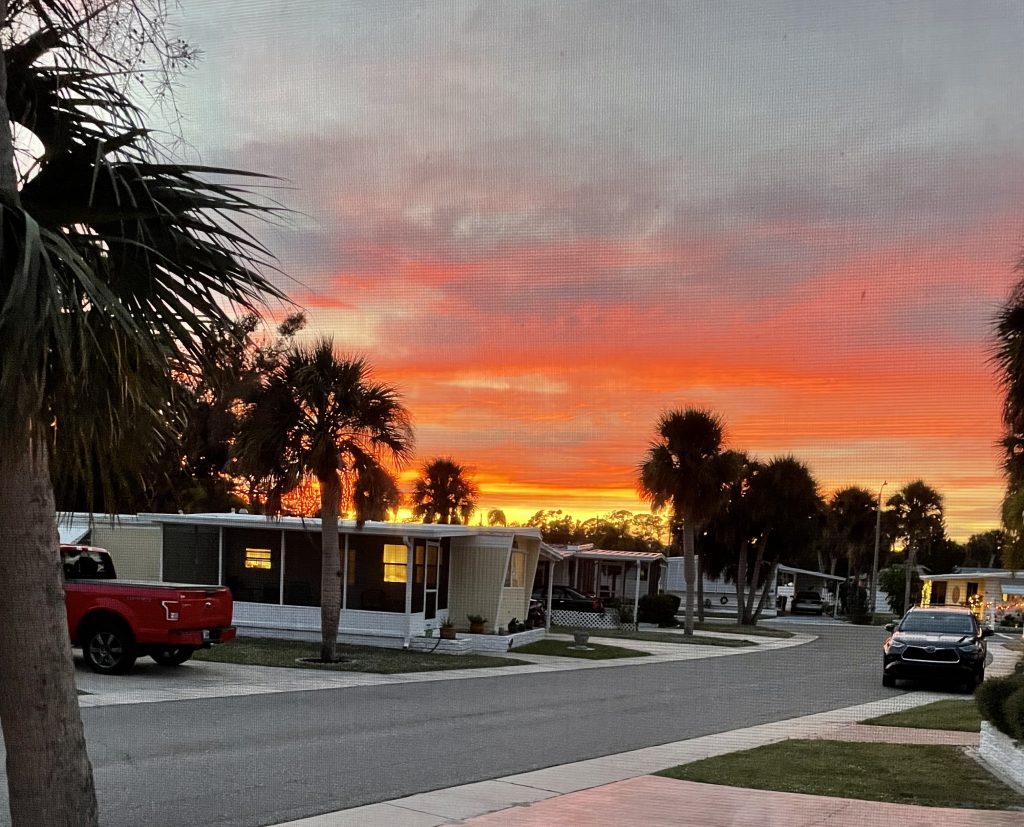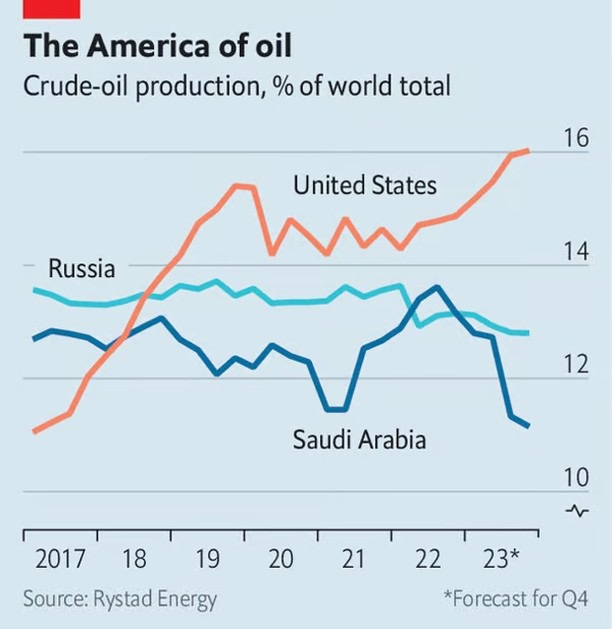
: the study of religious faith, practice, and experience
especially : the study of God and of God’s relation to the world1https://www.merriam-webster.com/dictionary/theology
“someone who studies the nature of God, religion, and religious beliefs“. 2Collins English Dictionary By that definition I am a theologian.
The impetus for this post occurred during a recent group discussion about a theological subject. As the conversation deepened one participant remarked, “I’m not really into theology, I’m more concerned about faith.” I was surprised about the comment; it was a catalyst for thinking more about theology.
My general observation is, theology/ theological concepts are not usually a topic of casual conversation among many Christians I encounter. That is understandable. In my spiritual heritage, theology was avoided. Charles Taylor observed: Restoration clerics appealed frequently to reason. It was a way of returning to a simpler, less theologically elaborate religion, which would give less purchase to divisive disputes. Through reason one could hope to define a compact core of unquestionable belief.3A Secular Age – Charles Taylor
Through out church history, theological issues were at the center of division and violence, staining the reputation of Christianity. “…after the terrible struggles around deep theological issues to do with grace, free will, and predestination, many people should hunger for a less theologically elaborate faith which would guide them towards holy living.” 4 ibid, pg 225 The hunger for”a less theologically elaborate faith” characterizes much of western Christianity producing a faith that ” stresses feeling, emotion, a living faith which moves us.” 5ibid, pg 488
If God is slowly dying, it’s because Christians stopped seeking God and started to focus on being good.6Beck, Richard. Hunting Magic Eels (p. 35).
In an all to typical human response to a perceived threat, eschewing theology appears to be a classic case of “throwing the baby out with the bath water”7an avoidable error in which something good or of value is eliminated when trying to get rid of something unwanted. C. S. Lewis in “Mere Christianity” noted the difficulty of writing about theology, and offered a helpful perspective on theology:
Many people have advised me not to share what I’m going to reveal in this final book. They say, “The ordinary reader isn’t interested in theology; give them practical religion instead.” I’ve disregarded their advice because I don’t think the ordinary reader is foolish.
Theology is the study of God, and anyone who wants to contemplate God would appreciate having the clearest and most accurate understanding possible. You are not children, so why treat you as such?
I understand why some people are put off by theology. I recall an incident when I gave a talk to the Royal Air Force, and an experienced officer stood up and said, “I have no use for all that stuff. But mind you, I’m a religious man too. I know there’s a God. I’ve felt His presence when I’m alone in the desert at night—the immense mystery. And that’s precisely why I don’t believe in all your neat little doctrines and formulas about Him.
To someone who has encountered the real thing, they all seem trivial, pedantic, and unreal!” In a way, I agreed with that man. I believe he had genuinely experienced God in the desert. And when he turned from that experience to Christian creeds, he probably felt like he was moving from something real to something less real.
Similarly, if a person has stood on a beach and looked at the vast Atlantic Ocean, then later examines a map of the Atlantic, they are also transitioning from something real to something less real—a shift from observing actual waves to studying a colored piece of paper. However, there are two essential points to consider about the map.
First, it is based on the collective experiences of countless individuals who have sailed the real Atlantic. The map integrates their diverse experiences, unlike your solitary glimpse from the beach. Second, if you want to go somewhere, the map is absolutely necessary.
While walking on the beach and having your own glimpses may be more enjoyable than looking at a map, the map becomes indispensable when you want to reach America.
Theology is like that map. Simply learning and contemplating Christian doctrines, without going further, is less real and less exciting than the profound experiences my desert-dwelling friend had.
Doctrines are not God; they are merely a form of guidance. But this guidance is based on the experiences of countless individuals who have genuinely connected with God—experiences far more profound and coherent than any fleeting thrills or pious sentiments you or I might have. And if you wish to progress, you must make use of that guidance.
The truth is, if you don’t engage with theology, it doesn’t mean you have no ideas about God. It means you have a plethora of incorrect, confused, and outdated ideas. Many of the ideas about God presented as novelties today are actually concepts that genuine theologians explored centuries ago and dismissed.
Lewis’ is correct. I started this post with the declaration that I am a theologian. Ater a few of weeks pondering and studying the subject of theology, I need to qualify that declaration. I am a naive and simple-minded theologian, largely because I haven’t truly engaged theology. Lewis’ conclusion is a frightening mirror image of the truth about theology in my life:
“The truth is, if you don’t engage with theology, it doesn’t mean you have no ideas about God.It means you have a plethora of incorrect, confused, and outdated ideas. Many of the ideas about God presented as novelties today are actually concepts that genuine theologians explored centuries ago and dismissed.”
It is my intention, in days ahead, to consistently engage theology, ever conscious of my “enlightenment lens” seeing theology as one describe—a human endeavor as well as a God-given gift.
So Much to think about.
STILL ON THE JOURNEY
- 1https://www.merriam-webster.com/dictionary/theology
- 2Collins English Dictionary
- 3A Secular Age – Charles Taylor
- 4ibid, pg 225
- 5ibid, pg 488
- 6Beck, Richard. Hunting Magic Eels (p. 35).
- 7an avoidable error in which something good or of value is eliminated when trying to get rid of something unwanted.






